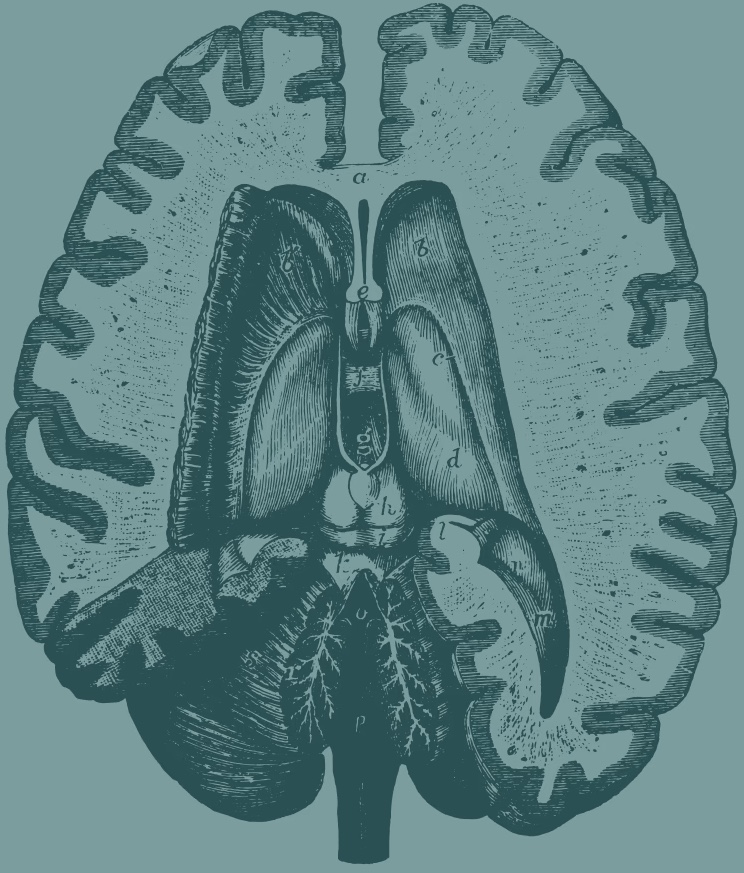Stress And Performance

You can read more about this in my article for the Bulletin of the RCS (Engl.), and find an overview of related resources, below.
These resources are a collection that I have found useful, or that have been personally recommended by others. I would love your feedback on anything that works for you, or doesn't; anything missing or not addressed, so that I can make them as accurate, and pertinent to others, as possible. Thank you.
If you are not sufficiently engaged, it can be hard to focus or motivate yourself. If you get too stressed or anxious, you get the problems of too much sympathetic input. Physically you may feel tense, have a tremor or get very tired at the end of the day; emotionally, you may feel fearful or frustrated and, cognitively, you may struggle to access balanced executive judgement and facts.[1]
Multiple factors feed into our stress levels and consequent arousal: what happens to or around us (which I will refer to as ‘environmental' factors); how we interpret what happens to or around us (which I will refer to as ‘psychological' factors), and physiological considerations, such as fatigue or hunger.
We are always somewhere on a spectrum from relaxed to stressed, and we can alter our position on that spectrum through tweaking these factors. If we want to get more focussed from point a) we can increase stressors, and if we want to get less stressed from point b) we can decrease stressors or increase relaxing signals.[2]

Interpreting your autonomic state
In order to be able to consciously regulate yourself, you need to be able to work out where you are in the first place on the autonomic spectrum. There are different ways that you can do this, on your own, or using technology to help you.
Read more →Increasing stress
You’re feeling bored, unmotivated or struggling to focus, at point a). How could you enhance your physiology, psychology or environment to increase your physiological arousal to support your performance?
Read more →Reducing stress
You’re feeling too stressed, overwhelmed or anxious, at point b). How do you reduce your physiological arousal, through reducing your experience of stress, so that you can focus on what you’re doing?
Read more →Increasing relaxation
You’re feeling too stressed, overwhelmed or anxious, at point b). How do you reduce your arousal through increasing your parasympathetic cues, so that you can focus on what you’re doing?
Read more →Resource Lucky Dip

Sacred rest
Featured in: Sleep, Rest/Nap, Audiobooks

Kitsch Eye Mask
Featured in: Sleep, Eye Masks, Ways To Wind Down

Ocushield blue light screen protector
Featured in: Light Sources, Digital Management, Sleep

Jones wall clock
Featured in: Alternative To Looking At A Screen, Digital Management, Time Management

Deep Work (Book/audiobook)
Featured in: Listening (Spoken Word), Productivity, Books
Haven't found what you're looking for?
This is intended to be a place where busy healthcare professionals can come to find resources to support their fulfilment, productivity, health and performance.
Is there anything missing that you’re looking for? Or anything that has been useful for you that you would like to share? Any niche requests for recommendations? I would love to hear from you.
